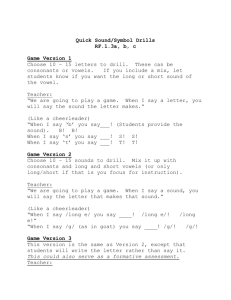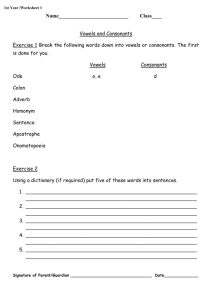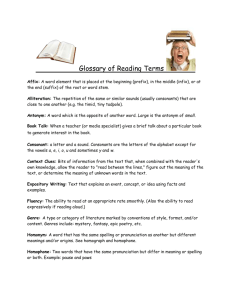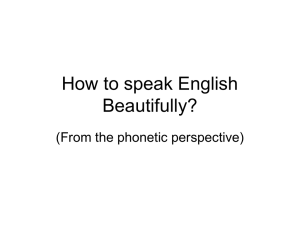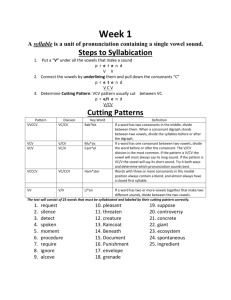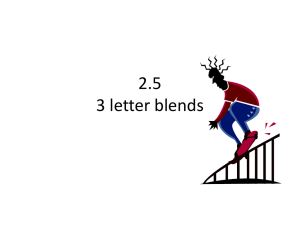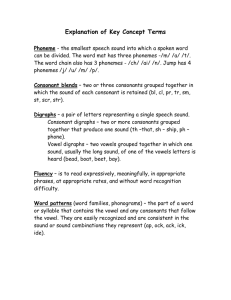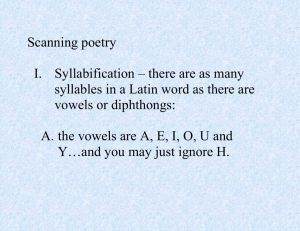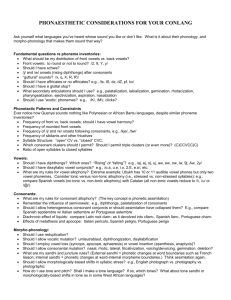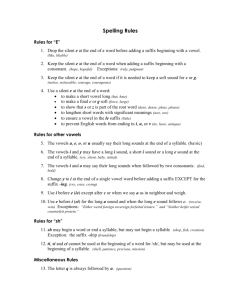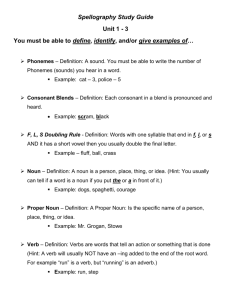suffix: some parts of words are common to many and impart a
advertisement
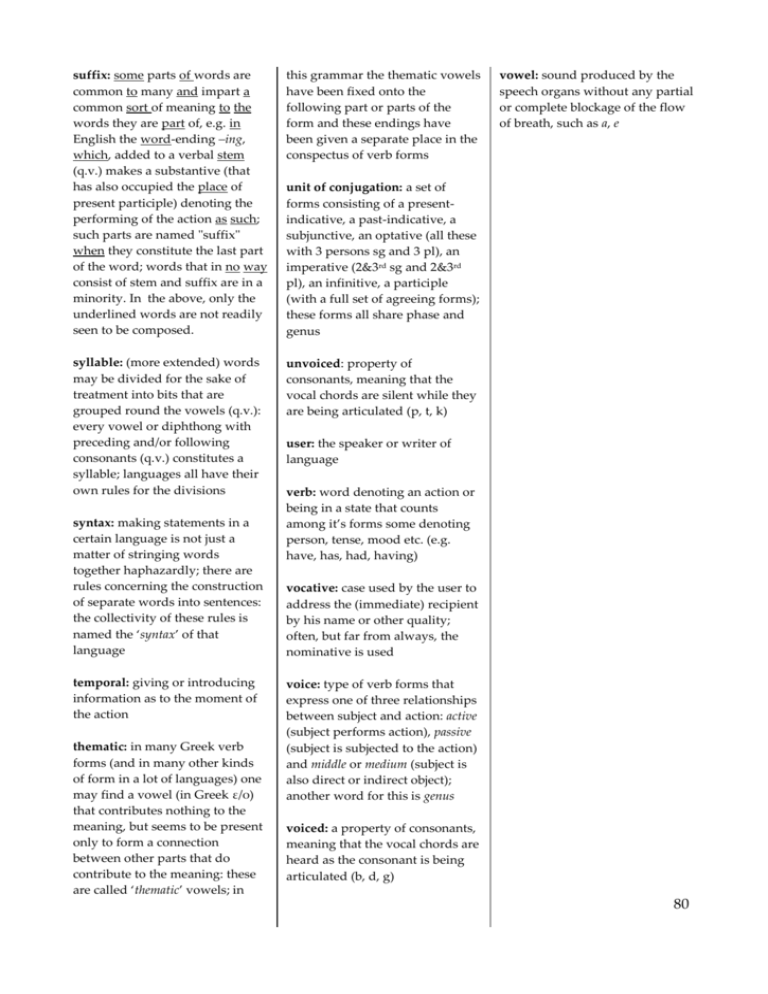
suffix: some parts of words are common to many and impart a common sort of meaning to the words they are part of, e.g. in English the word-ending –ing, which, added to a verbal stem (q.v.) makes a substantive (that has also occupied the place of present participle) denoting the performing of the action as such; such parts are named "suffix" when they constitute the last part of the word; words that in no way consist of stem and suffix are in a minority. In the above, only the underlined words are not readily seen to be composed. this grammar the thematic vowels have been fixed onto the following part or parts of the form and these endings have been given a separate place in the conspectus of verb forms syllable: (more extended) words may be divided for the sake of treatment into bits that are grouped round the vowels (q.v.): every vowel or diphthong with preceding and/or following consonants (q.v.) constitutes a syllable; languages all have their own rules for the divisions unvoiced: property of consonants, meaning that the vocal chords are silent while they are being articulated (p, t, k) syntax: making statements in a certain language is not just a matter of stringing words together haphazardly; there are rules concerning the construction of separate words into sentences: the collectivity of these rules is named the ‘syntax’ of that language temporal: giving or introducing information as to the moment of the action thematic: in many Greek verb forms (and in many other kinds of form in a lot of languages) one may find a vowel (in Greek ε/ο) that contributes nothing to the meaning, but seems to be present only to form a connection between other parts that do contribute to the meaning: these are called ‘thematic’ vowels; in vowel: sound produced by the speech organs without any partial or complete blockage of the flow of breath, such as a, e unit of conjugation: a set of forms consisting of a presentindicative, a past-indicative, a subjunctive, an optative (all these with 3 persons sg and 3 pl), an imperative (2&3rd sg and 2&3rd pl), an infinitive, a participle (with a full set of agreeing forms); these forms all share phase and genus user: the speaker or writer of language verb: word denoting an action or being in a state that counts among it’s forms some denoting person, tense, mood etc. (e.g. have, has, had, having) vocative: case used by the user to address the (immediate) recipient by his name or other quality; often, but far from always, the nominative is used voice: type of verb forms that express one of three relationships between subject and action: active (subject performs action), passive (subject is subjected to the action) and middle or medium (subject is also direct or indirect object); another word for this is genus voiced: a property of consonants, meaning that the vocal chords are heard as the consonant is being articulated (b, d, g) 80
